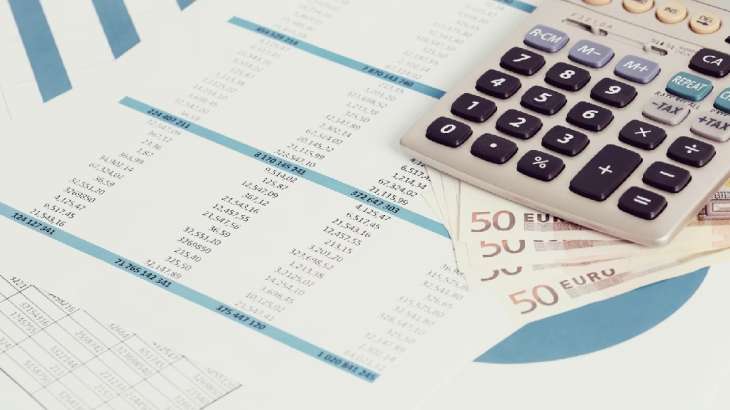From new Tax regime, to costlier cars- Changes to kick in from April 1

Income Tax Rules Change April 1: As the new financial year begins on April 1, several significant changes are set to come into effect, affecting various sectors of the economy. From a new tax regime to increased costs of cars, the changes are expected to have an impact on the daily lives of Indian citizens.
Here is the list of things that may have some changes from April 1, 2023.
New Tax regime
Under the new regime, taxpayers will have lower tax rates but will not be eligible for certain exemptions and deductions. However, taxpayers will have the option to choose the older regime if they wish to claim these exemptions and deductions.
ALSO READ: RBI may increase repo rate by 25 bps in upcoming monetary policy meeting
Costly Cars
Phase 2 of BS6 emission norms will come into effect, which will require all new vehicles to comply with stricter emission standards. This is expected to lead to a hike in prices among major automobile companies.
Home Loan Rates
A significant change that can be seen is the end of special home loan rates offered by the State Bank of India (SBI) and HDFC Bank, which will lead to higher interest rates for borrowers.
ALSO READ: IAS, IPS, IFS officers to inform Centre about stock market transactions
Senior Citizens FD
Several banks will cease offering their senior citizen deposit schemes, such as SBI’s ‘We Care’ deposit scheme offering 50 basis points more for senior citizens over the standard rates.
Debt Mutual Funds
Debt Mutual Funds with less than 35% investment in equity shares will now be taxed based on the individual’s tax slab rate, and they will no longer be eligible for indexation benefits. Debt mutual funds are a type of mutual fund that invests primarily in fixed-income securities such as bonds, government securities, and money market instruments.
Senior Citizen Savings Scheme
The Senior Citizen Savings Plan (SCSS) is a government-sponsored savings programme that is only open to seniors 60 and older. The maximum deposit limit for the SCSS will be doubled from Rs 15 lakh to Rs 30 lakh. This move is aimed at providing senior citizens with more investment options and higher returns.
Tax Rebate
The rebate under section 87A of the Income Tax Act will be increased to Rs 25,000 for taxable income up to Rs 7 lakh. This means that taxpayers with a taxable income of up to Rs 7 lakh can claim a rebate of up to Rs 25,000, which will directly reduce their tax liability.
Leave Encashment
For non-government workers, the threshold for tax exemption on leave encashment upon retirement will rise from Rs 3 lakh to Rs 25 lakh. Leave encashment refers to the payment made by an employer to an employee for the leave that remains unused at the time of retirement.
Insurance Investment
Insurance policies (other than ULIPs) with annual premiums exceeding Rs 5 lakh will now be taxable. A form of insurance product known as ULIPs (Unit Linked Insurance Plans) combines insurance and investment. This move means that high-net-worth individuals who have invested in high-premium insurance policies will have to pay tax on the portion of the premium that exceeds Rs 5 lakh.
ALSO READ: Goldman Sachs predicts AI could replace 300 million jobs. Know which sectors will be impacted most
Capital Gain Exemption
High Net Worth Individuals (HNIs) who avail of high-value capital gain exemption by reinvesting in luxury apartments will now be subject to a maximum deduction limit of Rs 10 crore. Capital gains tax is a tax levied on the gains made from the sale of a capital asset, such as a property or a stock.
Latest Business News
For all the latest Business News Click Here
For the latest news and updates, follow us on Google News.

